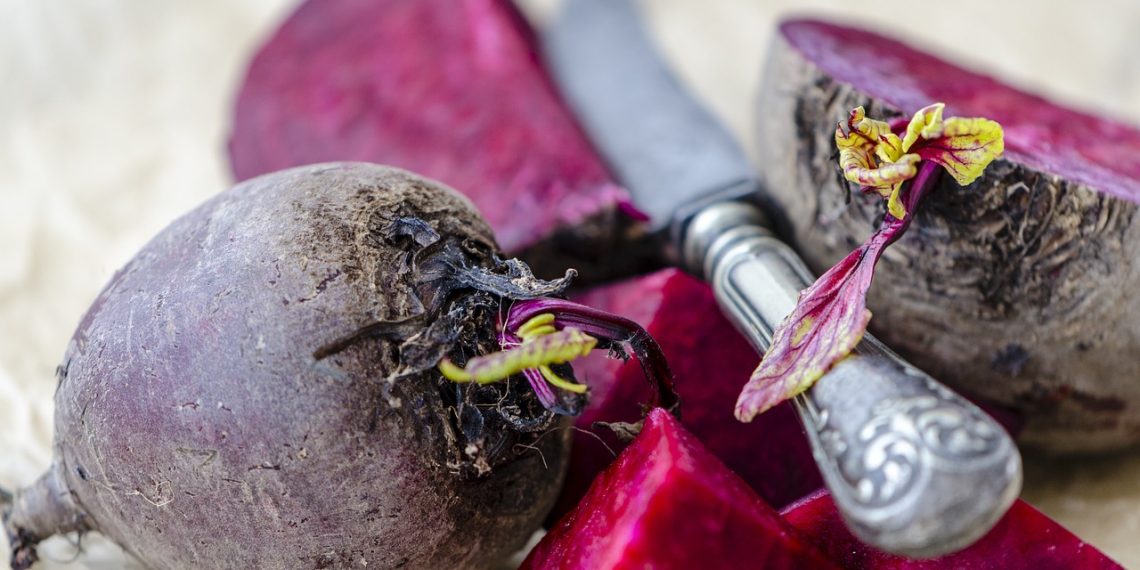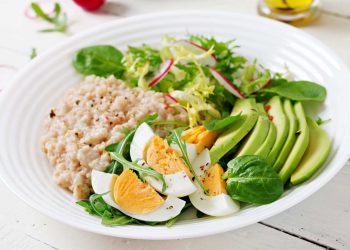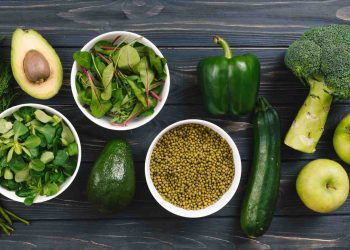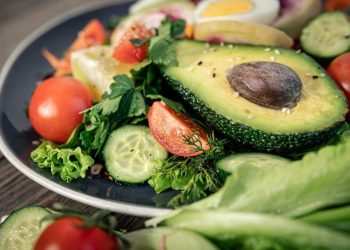Did you know that what you eat can directly impact your sexual health? It’s true! The food on your plate can affect everything from hormone levels to blood circulation. If you’re looking to spice things up in the bedroom, you might want to start by checking your vegetable intake. Here are five vegetables that not only pack a nutritional punch but can also give your sexual health a boost.
Contents
1. Spinach: The Iron Horse of Libido
When you think of spinach, you might picture Popeye flexing his muscles, but this leafy green does more than just build brawn. Spinach is rich in magnesium, a mineral that helps dilate blood vessels and improve blood flow. Studies suggest that enhanced blood circulation can lead to improved arousal and sexual function in both men and women.
Pros
- High in Nutrients: Contains vitamins A, C, and K, along with folate, which is essential for hormone production.
- Low in Calories: A great addition to salads or smoothies without adding too many calories.
Cons
- Oxalates: Spinach contains oxalates, which can interfere with calcium absorption if consumed in excessive amounts. Moderation is key!
How to Incorporate Spinach
Try adding fresh spinach to your morning smoothie or tossing it into a stir-fry. You can also sauté it with garlic for a delicious side dish.
2. Beets: The Natural Viagra
Beets might not be the first vegetable that comes to mind when you think of enhancing sexual health, but they should be! They’re high in nitrates, which convert to nitric oxide in the body. Nitric oxide helps relax blood vessels and improve blood flow—similar to how Viagra works.
Pros
- Rich in Antioxidants: Helps combat oxidative stress, which can benefit overall health.
- Versatile: Can be roasted, pickled, or blended into smoothies.
Cons
- Beet Urine: Consuming beets can turn your urine a bright pink. It’s harmless but can be startling if you’re not prepared!
How to Enjoy Beets
Roast them with olive oil and herbs, or add them to salads for a pop of color and flavor.
3. Garlic: The Stinky Aphrodisiac
Yes, garlic has a reputation for being a bit pungent, but it’s also a powerhouse when it comes to sexual health. Garlic contains allicin, a compound that increases blood flow and can enhance sexual performance. Plus, it has numerous health benefits, including reducing cholesterol levels.
Pros
- Heart Health: Good for cardiovascular health, which is crucial for sexual function.
- Flavor Booster: Adds a savory kick to nearly any dish.
Cons
- Strong Odor: The smell can be off-putting for some people, so consider your partner’s preferences!
How to Use Garlic
You can roast whole cloves for a milder flavor or add minced garlic to your favorite pasta or stir-fry recipes.
4. Avocado: The Love Fruit
Okay, technically, it’s a fruit, but avocados are often treated like vegetables in culinary contexts. They’re rich in healthy fats and vitamin E, both of which are important for hormone production. Some studies suggest that vitamin E can enhance sexual function and libido.
Pros
- Heart-Healthy Fats: Good for overall health and can help improve blood circulation.
- Versatile: Can be added to salads, smoothies, or eaten on toast.
Cons
- Caloric Density: While healthy, avocados are high in calories, so portion control is essential.
How to Enjoy Avocados
Mash them on whole-grain toast, blend them into smoothies, or slice them into salads.
5. Chili Peppers: The Heat of Passion
Chili peppers can literally heat things up! They contain capsaicin, a compound that increases blood flow and stimulates nerve endings. This can lead to heightened sensations and arousal.
Pros
- Boosts Metabolism: Can help with weight management, which is beneficial for sexual health.
- Flavor Enhancer: Adds spice to your meals, making them more exciting.
Cons
- Spicy Sensitivity: Not everyone can handle spicy foods, so start slow if you’re new to them.
How to Incorporate Chili Peppers
Add fresh or dried chili peppers to your dishes for an extra kick, or try making a spicy salsa.
FAQs
1. How much of these vegetables should I eat for sexual health benefits?
Moderation is key. Aim for at least 2-3 servings of these vegetables a week as part of a balanced diet.
2. Can these vegetables replace medication for sexual health issues?
While these vegetables can enhance sexual health, they shouldn’t replace prescribed medications. Always consult with a healthcare provider.
3. Are there any side effects to consuming these vegetables?
Generally, these vegetables are safe for most people. However, some individuals may experience digestive issues with high-fiber foods like spinach and beets.
4. Is it better to eat these vegetables raw or cooked?
Some nutrients are better absorbed when cooked, while others are more bioavailable raw. A mix of both is usually the best approach.
Conclusion
Eating for sexual health doesn’t have to be complicated. Integrating these five vegetables into your diet can not only enhance your overall well-being but also improve your sexual health. So, next time you’re at the grocery store, consider picking up some spinach, beets, garlic, avocados, and chili peppers. Your body (and your partner) will thank you!
Remember, while diet plays a significant role in sexual health, it’s just one piece of the puzzle. Regular exercise, maintaining a healthy weight, and managing stress are equally important.
This article is for educational purposes only and is not a substitute for professional medical advice. Always consult a qualified healthcare provider before making changes to your health routine.
References
-
Ried K., & Frank O. (2014). “The effectiveness of garlic on blood pressure: a systematic review and meta-analysis.” Nutrition Journal. Retrieved from https://nutritionj.biomedcentral.com/articles/10.1186/1475-2891-13-20
-
Stojanović J., & Kostić A. (2021). “Effects of dietary nitrates on blood pressure and exercise performance.” American Journal of Clinical Nutrition. Retrieved from https://academic.oup.com/ajcn/article/113/4/1016/5931129
-
Hu, F. B., & Willett, W. C. (2018). “Healthy Eating and Weight Management.” Harvard Health Publishing. Retrieved from https://www.health.harvard.edu/staying-healthy/healthy-eating-and-weight-management
Get Your FREE Natural Health Guide!
Subscribe now and receive our exclusive ebook packed with natural health tips, practical wellness advice, and easy lifestyle changes — delivered straight to your inbox.















